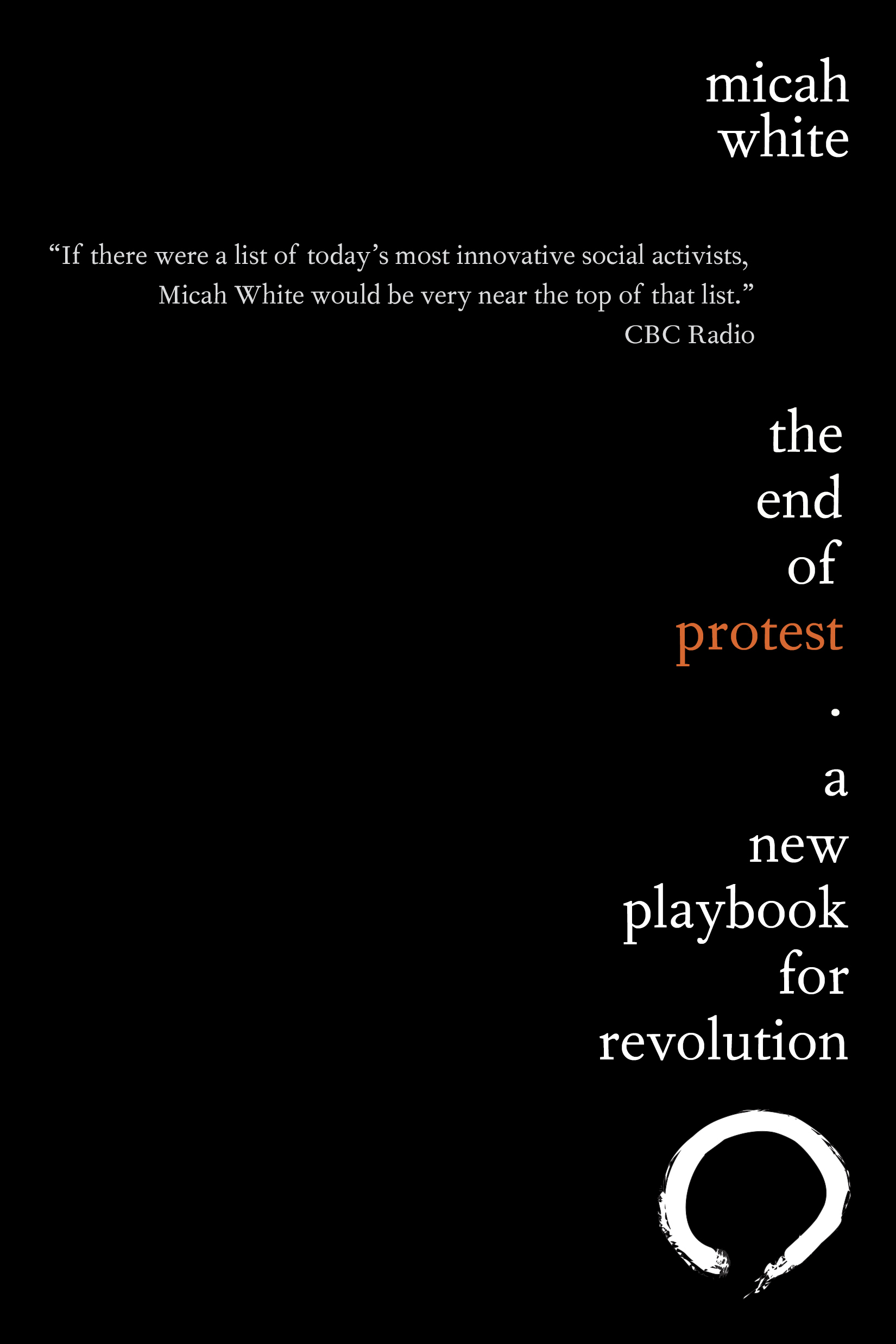What do you think?
Rate this book


336 pages, Paperback
First published March 15, 2016
The end of protest is the beginning of the spiritual revolution within ourselves, the political revolution in our communities, the social revolution on Earth.The book is thought-provoking and probably controversial, especially among activists. I found it refreshing and encouraging.